On the afternoon of March 26, Watson & Band and LexisNexis jointly hosted this year’s first “China Law Salon” entitled “Key Points for Corporate Data Compliance from the Perspective of Judicial and Enforcement Practices in 2020”. The lecture, hosted in the conference room of our Shanghai head office, was delivered by Watson & Band’s partner, Cathy Wu. Over 40 senior managers and in-house counsels from various industries including medicine, finance, trade, construction, food, clothing, insurance and biotechnology were present at the lecture, enjoying the hot topics, new cases and the heated discussions thereupon. In the meantime, the handbook – Review of Typical Data Cases and Hot Issues in 2020, drafted and compiled by Watson & Band’s data law services team, was published at the lecture for the attendees’ reference in their routine services.
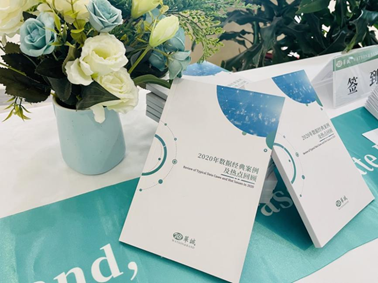
This lecture includes five sessions: (1) How can enterprises legally process personal information? (2) What kinds of rights and interests do enterprises enjoy over secondary developed data? (3) Competition (anti-monopoly) law issues faced by data platforms; (4) How should enterprises avoid risks of criminal actsion? (5) Trends of and a prospect into data compliance practices in 2020.
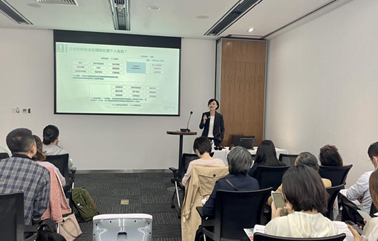
In Session 1, Ms. Wu started the topic with a fundamental issue. Citing the cases of “Tik Tok” and “WeChat Reading”, she first distinguished apart personal information and privacy; further, based on the Law on Protection of Personal Information (Draft) and the latest Provisions on the Scope of Necessary Personal Information on Common Types of Internet Apps jointly promulgated by the four ministries and/or administrations, she reminded the attendees of the principles known as “notification + authorization” and “least necessity”. Then, in terms of the particular already-published personal information, she cited the “alumni profile photo” case and elaborated on the application of the principle of “notification – deletion” in the area of personal information protection, and reminded the attendees of the key compliance issues that must be noted by the information discloser and the subsequent information processor. In particular, Ms. Wu analyzed the hot issues occurring during the “March 15” period, such as face recognition and Wifi probing. Moreover, Ms. Wu also selected some particular industries such as medical treatment and Internet credit investigation and provided compliance tips for enterprises therein. At the end of this session, a member on Ms. Wu’s team, Mr. Xin He, proposed a case featured as “collection and sharing of personal information by an airline company” and aroused thoughts and discussions among the attendees during the tea break time.



Session 2 mainly relates to the rights and interests that enterprises enjoy over the data. Since presently there is no provision on this issue in China, Ms. Wu interpreted the courts’ thinking mode in judicial practice with a combination of the recently influential cases “WeChat group control” and “Super Fans Club”: as for a single piece of data, the enterprises only enjoy limited rights of use in accordance with the agreement with their users, while as for the entire data resource like a database, the enterprises may enjoy competitive property rights on the ground of their input of manpower and material resources for the development of the database.
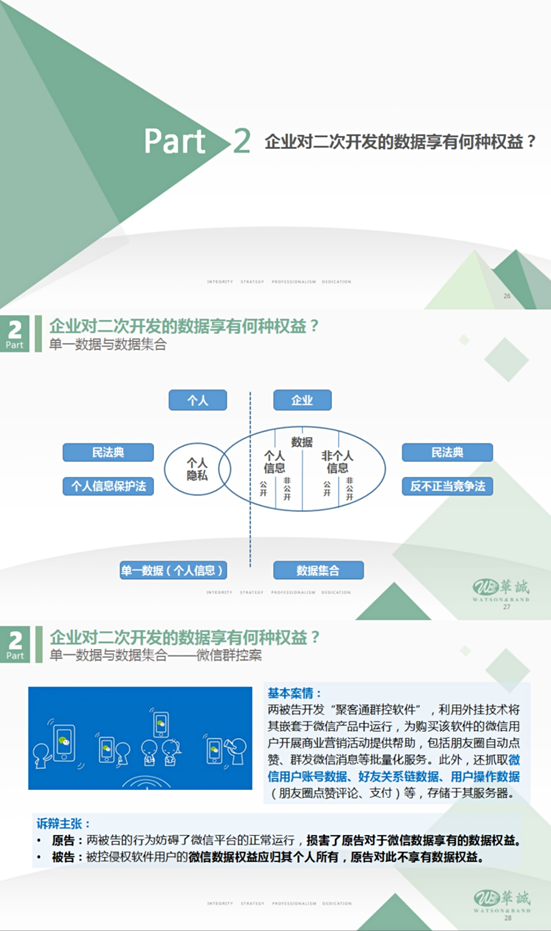
Session 3 talks about the recently cutting-edge issue of anti-monopoly in the data area. Citing the cases “HiQ v. LinkedIn” and “Tik Tok v. Tencent”, Ms. Wu introduced the relevant provisions in the area of anti-monopoly and reminded the attendees of the abuse of market dominant position that might be involved on the data platforms, such as refusal to deal, restricted deal, differential treatment, as well as how to identify monopoly agreements including horizontal monopoly, vertical monopoly and axial monopoly. Finally, Ms. Wu also shared her prediction on the issues at dispute in the “Tou Tiao v. Tencent” case and encouraged the attendees to keep on observation and attention to this case.
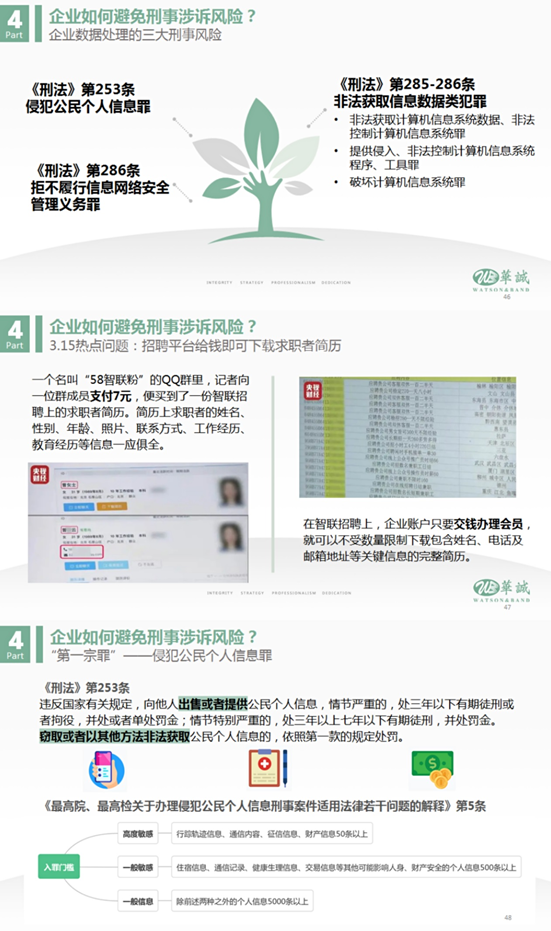
Session 4 relates to the three major criminal risks that may be involved in data processing, namely, the crime of infringing citizens’ personal information, the crime of illegal acquisition of information and data and the crime of refusal to perform the duty of security management in information networks. With spotlights on the crime known as “disguised civil loans” and the “sale of resumes by a job hunting platform” that was exposed to the public days ago on March 15, Ms. Wu interpreted on how to identify said crimes and the thresholds for finding the relevant conducts guilty. Thereby she summarized the key points that must be noted for precaution of criminal risks.
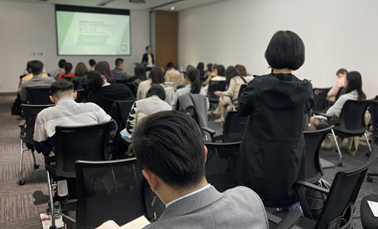
As a conclusion of the lecture, Ms. Wu shared her prospect into China’s data compliance practice in 2021. She pointed out some issues requiring close attention by senior managers and in-house counsels, for example, the legislative trends in China’s data law, the balance in the rights and interests between the individuals and the enterprises, the exit of data and the anti-monopoly issues in the data area.
Finally, in the Q&A session, quite many attendees interacted with Ms. Wu and consulted problems that they actually encounter in routine businesses, e.g. the timing of collection of personal information and the risks in customer flow analysis relying upon the face recognition technology. Ms. Wu shared her thoughts and solutions or suggestions to these problems. The lecture was well-received among the attendees.











